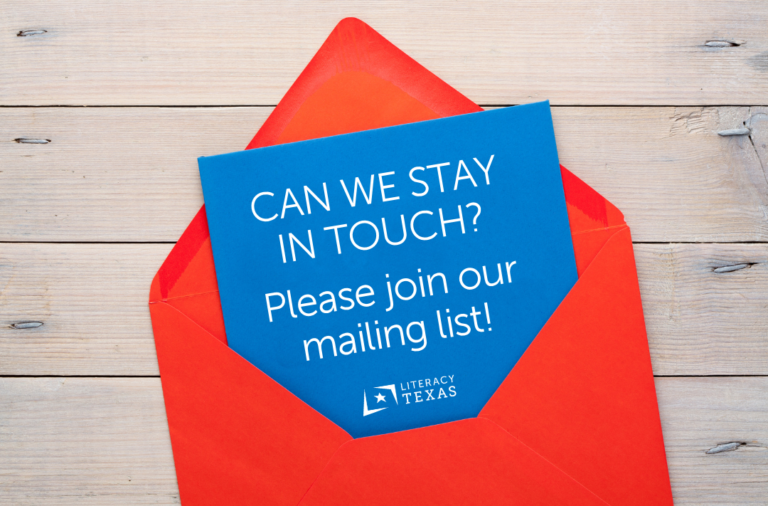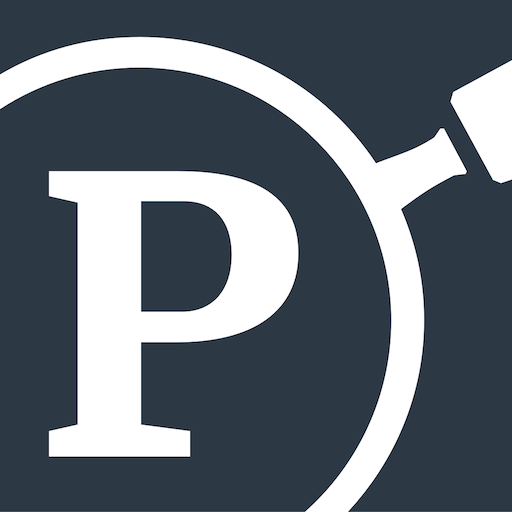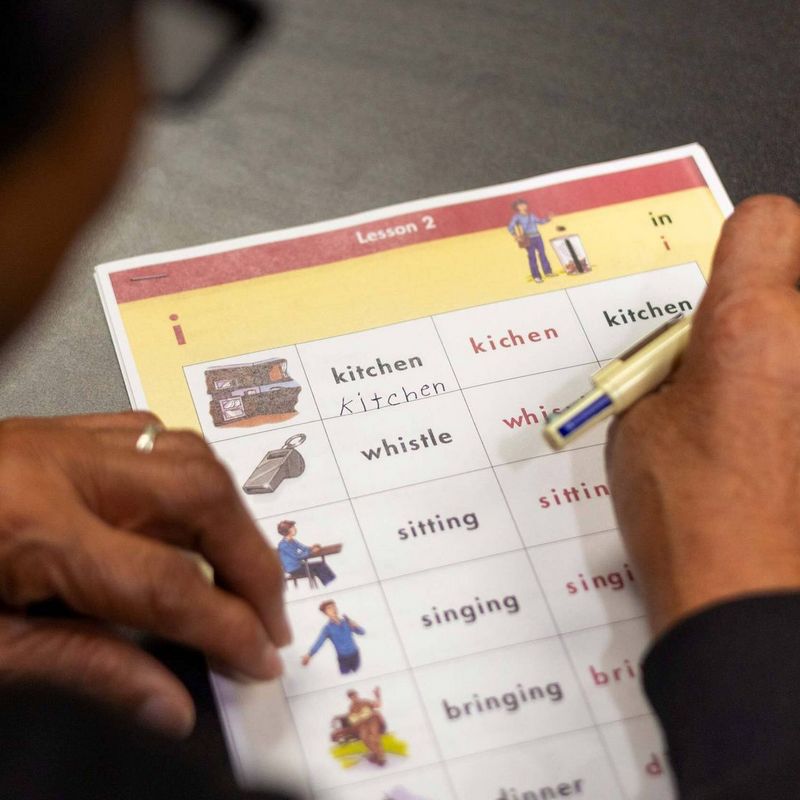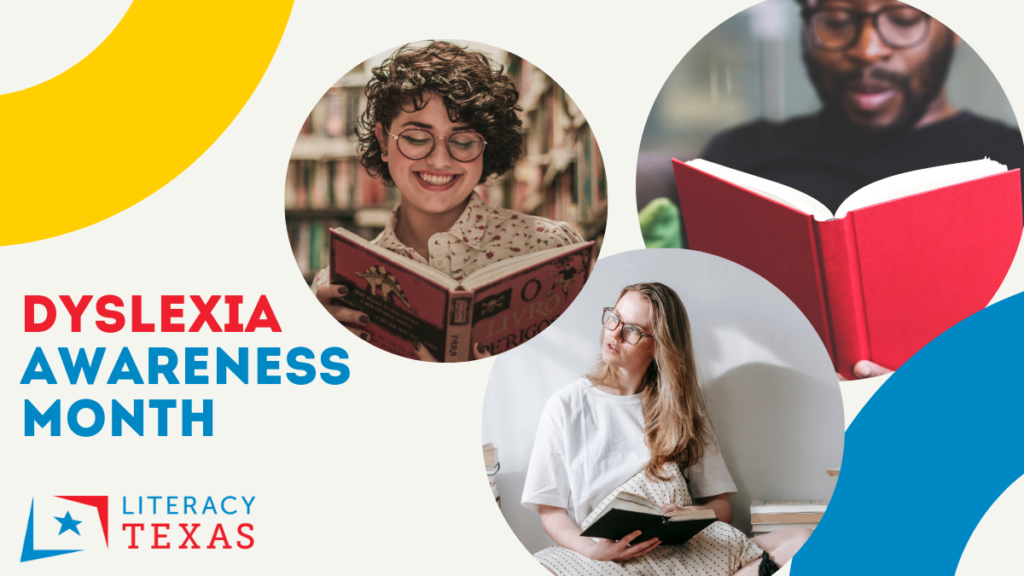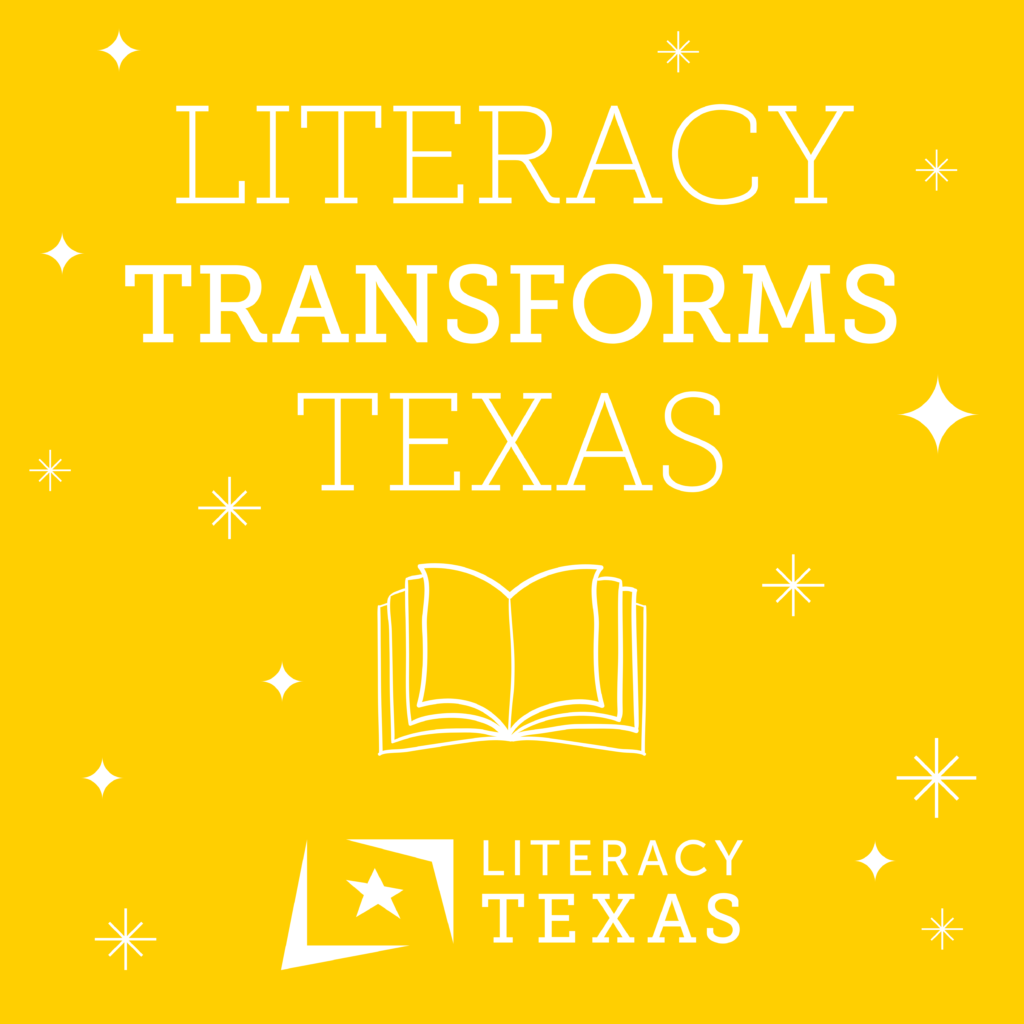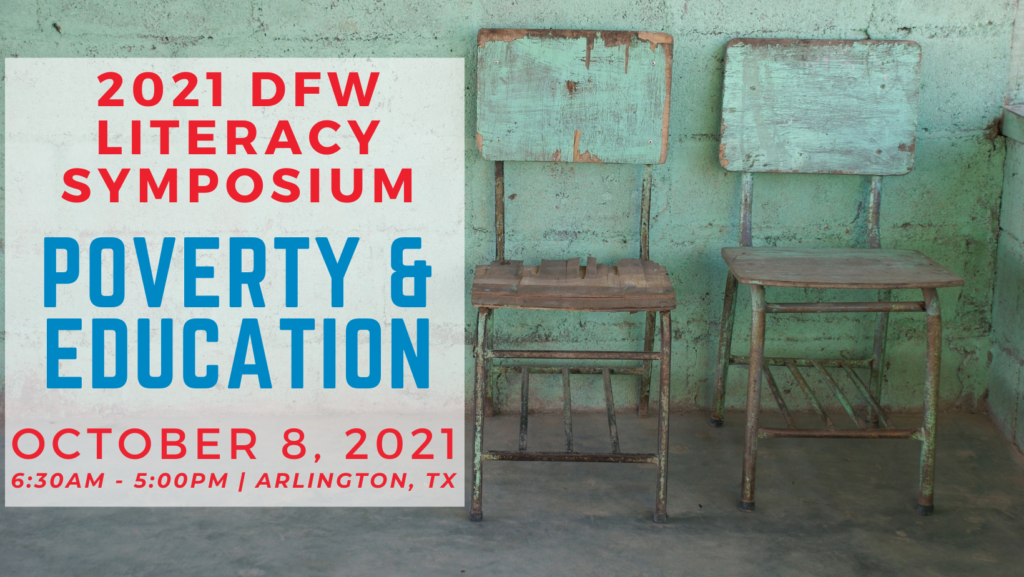“Andragogy” and “pedagogy” can seem like niche academic words – does the difference between them really matter?
At the recent South Plains Literacy Symposium, one of the most popular breakout sessions was A is for Adult: An Introduction to Andragogy. The session was an in-depth exploration of some of the major tenets of teaching adults, and some of the motivators, barriers, and drivers of persistence specific to adults.
And we say, hallelujah!
Too often, our field has taken the approach that “teaching is teaching” – and assumed that someone with experience teaching children must automatically also be able to teach adults effectively. Of course, that’s sometimes true – but it’s far from automatic.
So what are the key differences?
Malcolm Knowles is one of the foremost experts in this area, and he’s broken his definitions down into five assumptions and four principles. Let’s take a look.
Knowles' 5 Assumptions of Adult Learners
1. Self-Concept
People become more self-directed as they age and mature.
2. Adult Learner Experience
People gain practical and theoretical experience as they age, and bring it to the learning process.
3. Readiness to Learn
Adults have a strong motivation to learn things that help them accomplish relevant tasks and gain practical skills.
4. Orientation to Learning
Adult learners are motivated to solve problems, moving from “knowing about” a topic to “knowing how” to do a specific task.
5. Motivation to Learn
Motivation for adults is usually internal, rather than external – and motivations are individual for each learner.
Knowles' 4 Principles of Andragogy
- Adults need to know why they need to learn something.
- Adults need to learn experientially – by doing.
- Adults approach learning as problem-solving.
- Adults learn best when the topic is of immediate value.
So much changes for us as we age – in both our bodies and our minds.
Doesn’t it make sense for the way we’re taught to change as well?
Get Texas literacy updates
Join our mailing list so you don’t miss any news:
- Local and national literacy news
- Conference updates
- Regional symposia
- Best of Texas
- Advocacy
- …more!

